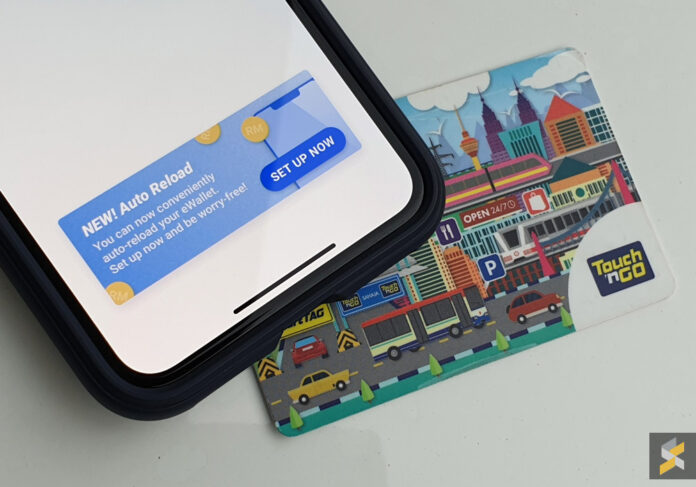Ong said the new card will allow users to easily top up their balance using a NFC-enabled port via the TnG eWallet application. — SoyaCincau pic
KUALA LUMPUR, Jan 25 — Touch ‘n Go (TnG) will be launching a new version of its card that has the capabilities of tapping into a Near Field Communication (NFC) technology in the next few weeks.
TNG Digital Sdn Bhd chief executive officer Ignatius Ong said the new card will allow users to easily top up their balance using a NFC-enabled port via the TnG eWallet application.
“The Touch ‘n Go card that we have in circulation for the last 20 years does not have the capability to directly top up your cards from the eWallet because you need a specific card reader to actually do the transactions for security reasons,” Ong said during a panel discussion on the second day of MyFintech Week 2022 today.
At the same panel discussion, Payments Network Malaysia (PayNet) retail payments director Khairuan Abdul Rahman noted that towards the fourth quarter of 2021, e-commerce transactions dropped slightly as the economic sector reopened and more businesses started to operate physically.
He said the digitisation of commerce and payment industry went into overdrive in the past two years as a result of the COVID-19 pandemic with customers opting for alternative payment methods.
“We saw more than 100 per cent growth in Financial Process Exchange (FPX), one of the platforms to facilitate e-commerce transactions operated by PayNet in 2020, and more than 70 per cent growth in 2021.
“As more businesses open their doors for face-to-face transactions, I hope that this does not mean that we gravitate fully back to cash transactions or limited digital payment systems,” he said.
Khairuan further explained that consumers’ behaviour is shifting drastically and whether they will move back to cash transactions post-pandemic is still unclear.
He said PayNet needs to observe the situation “for a couple of months” to come to a conclusion, only then will the company be able to recommend how it needs to maintain e-commerce transactions as a primary form of payments. — Bernama


